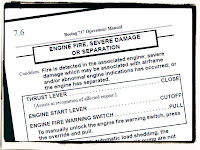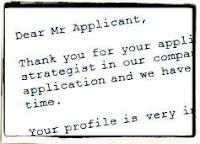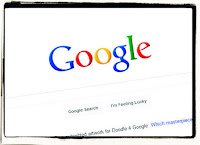Simple Tools to Help Manage Your Small Business Social Media

In the post Use Social Network & Media Sites To Build a Strong Presence for Your Business I explained how a small business could use sites like Twitter, Facebook and LinkedIn to build a strong online presence. As long as you are creating profiles on these sites purely to get better search results you can probably manage all the updates directly through each site. Later you will probably want to use these accounts more actively to engage with people and also to add fresh content that will boost search results. Social media professionals rarely visit sites like twitter.com. facebook.com and so on. They prefer instead to use tools that allow them to view and update several accounts at the same time. There are many of these tools but two of the most popular are Tweetdeck and Hootsuite. Tweetdeck is an application that you have to download to your computer; Hootsuite is a website so it is enough to create an account. Otherwise the two tools are quite similar. First of all they




